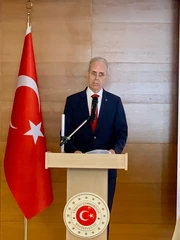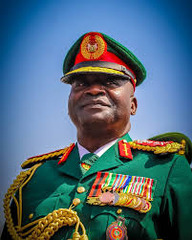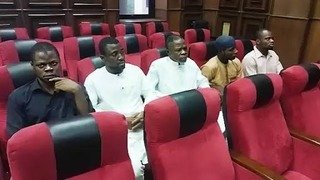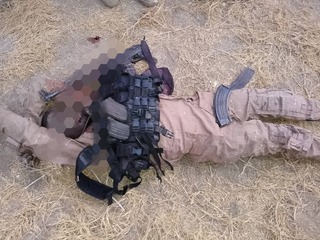State Police Bill Scales Second Reading: A Bold Vision for Nigeria’s Security Future
By Zagazola Makama
A historic shift in Nigeria’s security architecture is on the horizon following the passage of the State Police Bill through its second reading in the House of Representatives. Sponsored by Hon. Mohammed Bello El-Rufai, the Constitution of the Federal Republic of Nigeria, 1999 (Alteration) Bill (HB. 871) seeks to establish state police forces across all 36 states, granting local governments the power to tackle insecurity head on.
For decades, Nigeria’s security landscape has been plagued by banditry, insurgency, kidnapping, and communal conflicts, exposing the limitations of a centrally controlled police system. The approval of this bill marks a defining moment in the quest for a decentralized, efficient, and responsive policing system one that reflects the security realities of communities across the nation.
At the heart of the bill is a comprehensive restructuring of Nigeria’s policing system. It proposes: The creation of state police forces, empowering governors and local authorities with direct control over law enforcement. The renaming of the Police Service Commission to the Federal Police Service Commission, which will oversee federal policing matters. The establishment of a State Police Service Commission to ensure professionalism, accountability, and prevent abuse of power within the state security apparatus.
Security experts have long argued that the one size fits all policing model has failed to address regional security challenges effectively. The proposed reform promises a more localized, intelligence driven approach to policing, allowing states to recruit, train, and deploy personnel familiar with the unique security challenges of their regions.
Hon. Bello El-Rufai: A Lawmaker in the Vanguard of Change
Since his election as the Member representing Kaduna North Federal Constituency, Hon. Bello El-Rufai has emerged as one of the most dynamic voices in the 10th National Assembly. As Chairman of the House Committee on Banking Regulations, he has played a critical role in shaping Nigeria’s financial policies. However, his latest move the championing of state police solidifies his place as a visionary reformer committed to national stability.
Addressing lawmakers, El-Rufai expressed gratitude to Rt. Hon. Ihonvbere Julius, the Leader of the House of Representatives, for his unwavering support. He emphasized that security reform is not just a policy debate but a necessity, given the growing sophistication of criminal networks operating across the country.
“Insecurity has crippled economic growth, displaced families, and shattered communities,” he stated. “The passage of this bill will give state governments the tools to protect their people, restore law and order, and drive sustainable development.” The passage of the bill through its second reading represents one of the most significant steps toward security reform in Nigeria’s recent history. However, the journey is far from over. The bill still requires approval at the third reading in the House of Representatives. Passage through the Senate,a constitutional amendment, which will require endorsement from two-thirds of the 36 state assemblies.
Given the sweeping implications of this reform, stakeholders including state governors, traditional rulers, security agencies, and civil society organizations must galvanize nationwide support to ensure its smooth passage.
The Future of Nigeria’s Security: A Defining Moment
If fully implemented, the state police model will redefine Nigeria’s approach to security, creating a system that is: More efficient, with rapid response capabilities tailored to local threats.
More accountable, with oversight mechanisms ensuring professionalism. More community-driven, fostering trust between law enforcement and citizens.
With Nigeria at a crossroads, Hon. Bello El-Rufai’s bill offers a bold, forward-thinking vision for security governance. As deliberations continue, all eyes remain on the National Assembly where the fate of this transformative legislation will be decided.
This is more than a bill; it is a roadmap to a safer, stronger Nigeria.





























